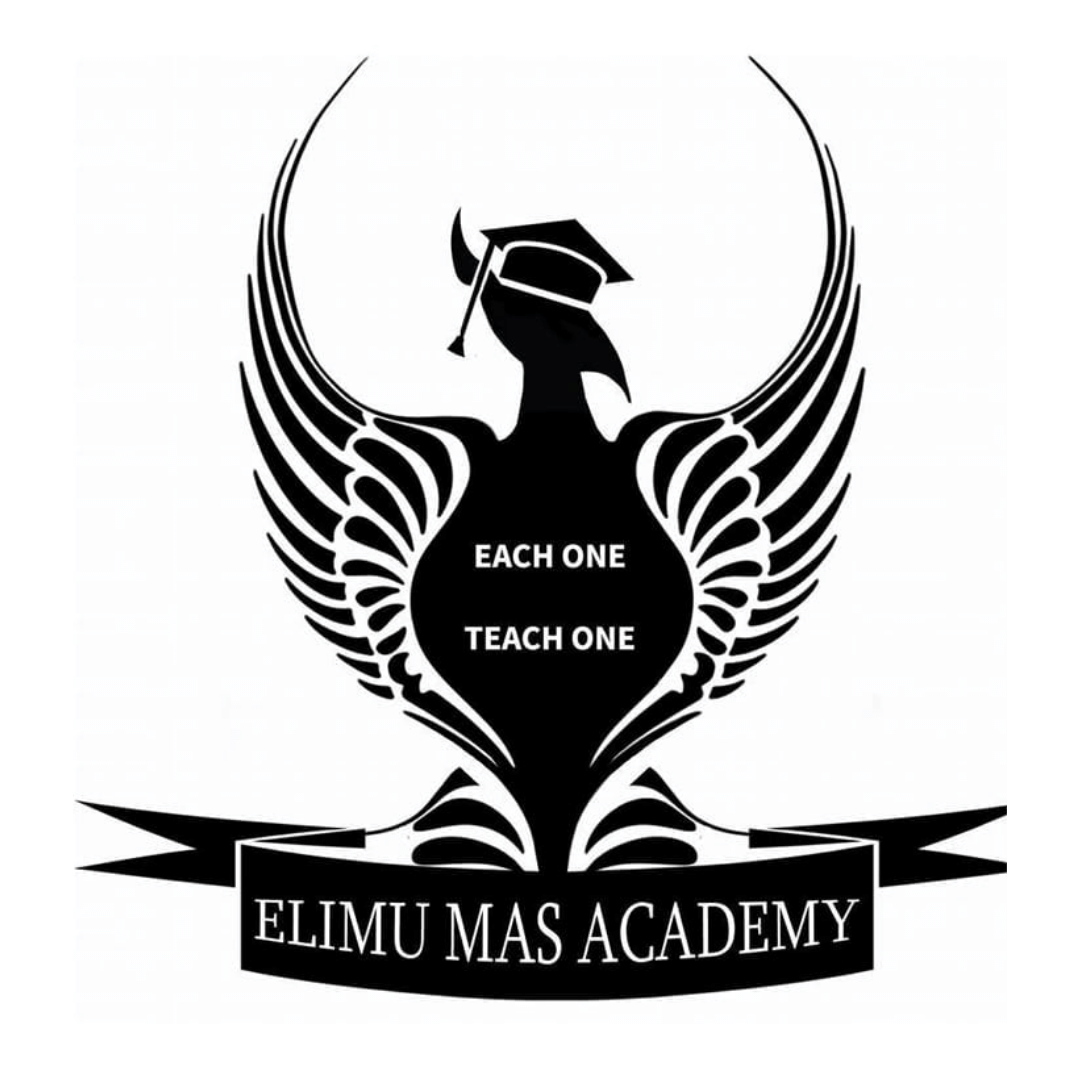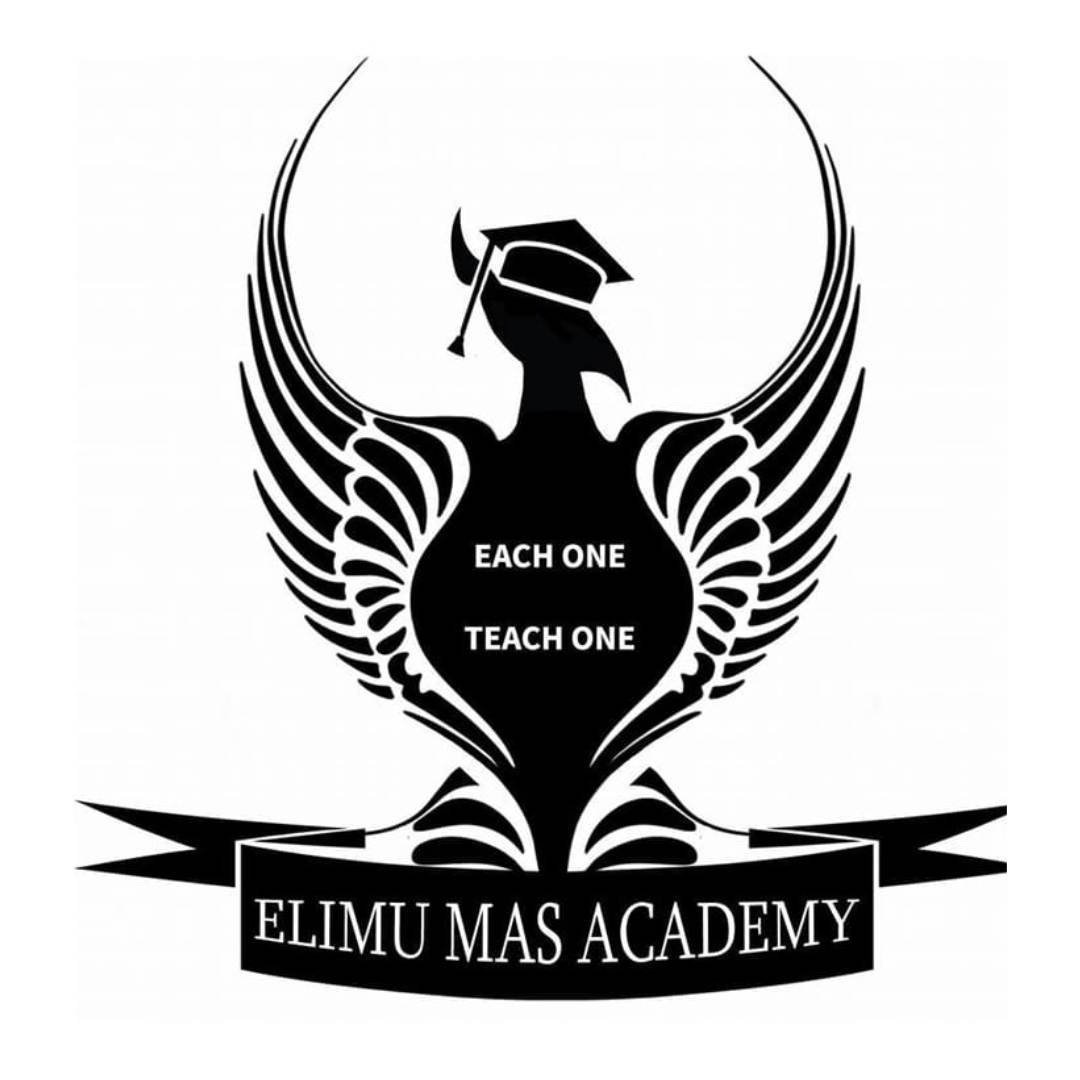
Our Story
Promoting artistic excellence, creative diversity & innovation in Mas, Music, Movement & Mayhem
Mission
About.
The 70s Coffee Bar on 70 Harrow Road was a popular drop-in centre for youths in Paddington that quickly gained a reputation as a combative centre whose members were not averse to robustly challenging the frequent incursions by officers from the notorious Harrow Road Police Station.
It is this resistance that caused the regulatory authorities, Westminster Community Relations Council (WCCR), the Commission for Racial Equality and the City of Westminster, to take the decision to close the centre and develop a different intervention agency to provide for the youths of the borough. And by mere chance, four Trinis were entrusted with developing the new initiative – Director Ansel Wong, Senior Youth Worker, Patricia Jaggs, Assistant Community Relations Officer, Gloria Cummins and Detached Youth Worker, Clive Olliviere. It must have felt like a Trini Mafia in West London but this quartet enlisted the support of the local community, school children and other workers like Jo Boudry of the ILEA to hatch a plan to reopen the Coffee Bar. The Coffee Bar was renamed and reopened in 1977 as a community education centre to service pupils from Westminster who were frequently excluded from school or truanting on a regular basis. To underscore this different emphasis from a drop-in centre, we created the concept of a COMMUNIVERSITY – a central combative community space to celebrate, educate and promote the personal development of our youths. We rebranded this centre as Elimu, Swahili for Education or Knowledge with the motto of Each One Teach One.
The centre quickly became a home for other organisations and attracted many individuals wanting to volunteer to deliver our activities. The Centre housed the Caribbean Communications Project teaching Caribbean adults to read and write, Ras Angels, a Rastafarian Acapella group, a Nurseries Project supporting new mothers, a group of patients from the nearby Mental Health Unit and a partnership with community activists in Paris.
We were in walking distance from the Notting Hill Carnival footprint and it was inevitable that this event would influence aspects of our programmes. But not only that – it was a no-brainer in the lives and perceptions of the Trini Quartet that managed the centre not to see the Carnival as a golden opportunity.
Our first participation in Carnival was in 1979 when a group of members filmed and edited an 8mm film on the Carnival called High Mas.
They interviewed participants, Carnival Bands and residents. The film was used as a learning resource for the Centre’s members to begin explorations of the Carnival, but most importantly it was seen as one of the positive experiences of the youths in being involved in the Carnival, not as spectators but as participants.
Our Programmes
A Cultural Education Partnership
A Network of artists and artisans
Observational, cognitive & participatory learning
Touring- National & International
Consultancies in Arts development
Mentoring,Work shadowing & Volunteering
Fundraising sessions on the arts & crafts of Carnival
Elimu’s Mas Academy programmes include:



